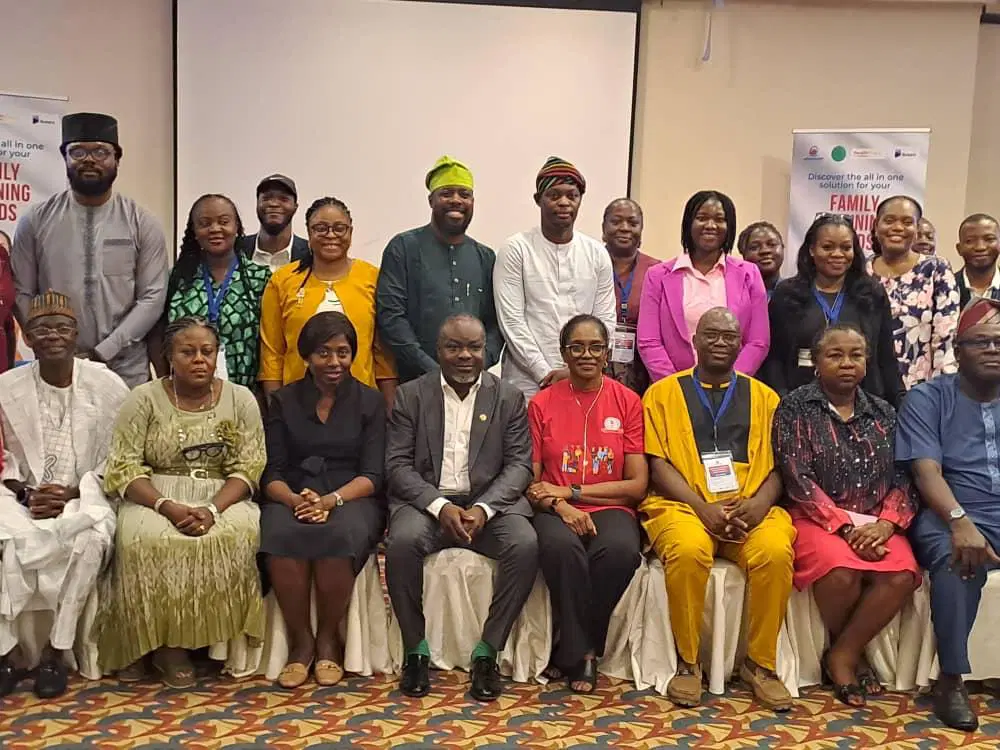
Source: Chioma Obinna

The Lagos State Government, in collaboration with the Society for Family Health (SFH), has launched a pioneering initiative to expand access to family planning services through online pharmacies—a move set to redefine how reproductive healthcare is delivered across Nigeria.
The initiative, known as ePharma4FP (E-Pharmacy for Family Planning Project), aims to make contraceptives and related services more accessible, discreet, and inclusive, especially for underserved populations.
Speaking during the dissemination of project findings in Lagos, the Special Adviser to the Governor on Health, Dr. Kemi Ogunyemi, described the initiative as a game-changer.
“By enabling digital access to family planning, e-pharmacies are breaking down geographical, social, and economic barriers that have too often stood in the way of progress,” she said.
Funded by the Bill & Melinda Gates Foundation, the project is implemented by a consortium led by SFH, alongside the Busara Centre for Behavioral Economics, HealthPlus Pharmacy, and the Pharmaceutical Society of Nigeria Foundation (PSNF).
Dr. Ogunyemi noted that the pilot conducted in Lagos had laid a strong foundation for national adoption.
“If it works in Lagos, it can work in Abuja, Port Harcourt, or even Katsina. We hope this model is replicated nationwide.”
Dr. Uchenna Okafor, Chief of Party for the project at SFH, said:
“We found that many women already have the intention to use contraceptives—they just don’t know where to go or don’t trust the process. But with a little digital nudge and assurance of confidentiality, they take action.”
She stressed the importance of regulatory reform, noting that the project worked closely with the Pharmacy Council of Nigeria (PCN) and the Federal Ministry of Health to update outdated guidelines that hampered safe digital delivery.
Dr. Jennifer Anyanti, SFH’s Deputy Managing Director, Strategy and Growth, cautioned against using unverified digital health platforms.
“Digital health is not just about access—it’s about quality. Always check for PCN registration and security certifications before using an online pharmacy.”
She highlighted efforts to integrate digital health records, preventing duplication of care and ensuring continuity.
Experts at the event agreed that long queues, clinic delays, and stigma have historically deterred family planning uptake.
“Now, with e-pharmacies, the care comes to the patient—securely, conveniently, and affordably,” Anyanti said.